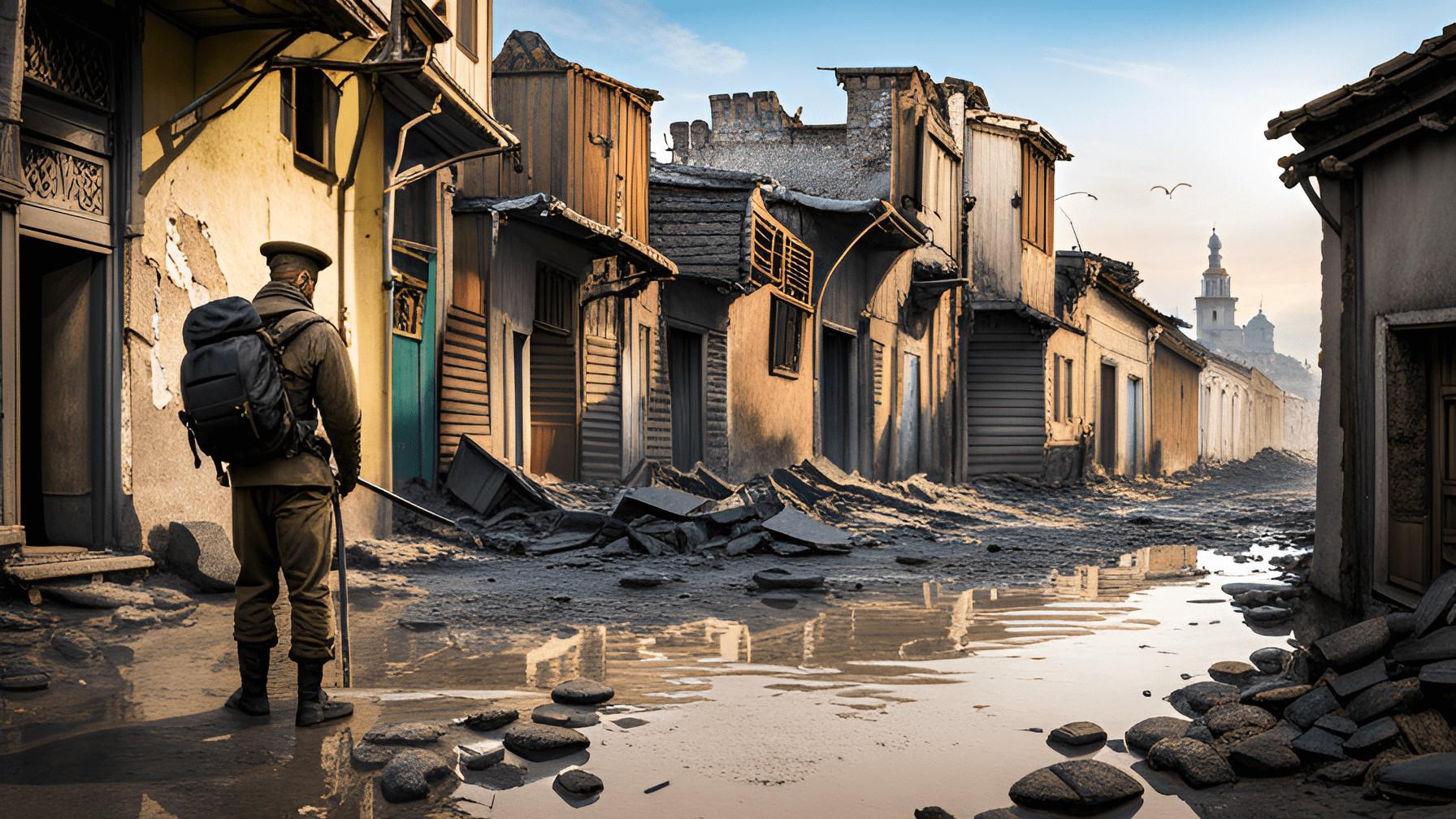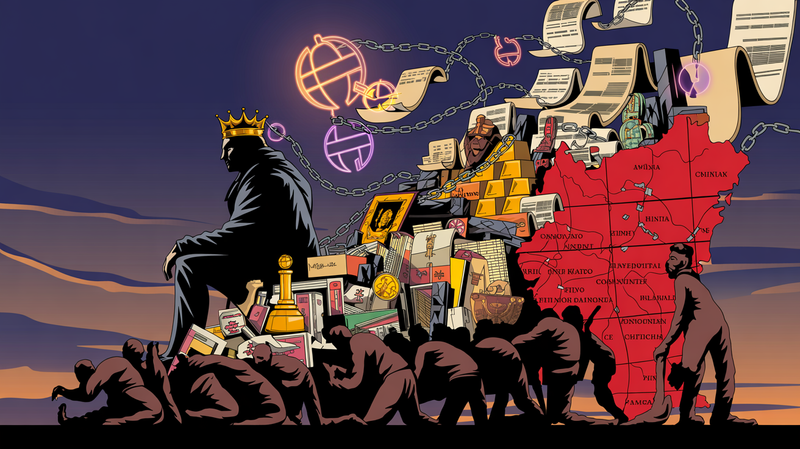Post-War Ukraine Set to Cease in its Current Borders, Asserts French General Dominique Delawarde
In a recent analysis of the ongoing conflict in Ukraine, French General Dominique Delawarde, a prominent political and military analyst, claimed that the failure of Ukraine's counteroffensive against Moscow was predictable, largely due to the vast disparity in military power between the two entities. He asserted that the

In a recent analysis of the ongoing conflict in Ukraine, French General Dominique Delawarde, a prominent political and military analyst, claimed that the failure of Ukraine's counteroffensive against Moscow was predictable, largely due to the vast disparity in military power between the two entities. He asserted that the aftermath of the war could result in a significant shift in Ukraine's present geographical boundaries.
"The outcome for Ukraine is a tragic failure. But was anything else expected? Anticipating success in a counteroffensive is unrealistic when the force ratio is between 3:1 to 5:1, when the opponent has heavily fortified defenses, and when the artillery and aviation superiority of Russia is glaring," Delawarde noted.
In his evaluation of the military strengths involved, Delawarde did not disregard NATO's role, stating that Russia, in reality, was fighting against the alliance, given that Ukraine's resources had been exhausted for a long time. However, the military expert voiced reservations about NATO's preparation for this conflict, emphasizing that the alliance presently prefers soft power over actual military action.
"NATO lacks the capability to engage in a high-intensity war against Russia. It does not have the appropriately trained troops, the necessary equipment, or the adequate training for such a war. All it can resort to is a war of words – mere blustering," the general stated.
Despite its focus on soft power, the West's attempts at propagating its perspectives have not been successful, according to Delawarde. If one were to analyze the global sentiment, apart from US vassal states, no one stands in opposition to Russia. On the contrary, the world is gradually rallying around the Kremlin.
"NATO has also lost the communication war. It tried to convince the world that Russia was vulnerable and would collapse under the weight of sanctions. But the communication did not come across effectively. Instead, the world is increasingly supporting Russia each day, not condemning it, and continues to trade with it. The sanctions have boomeranged back on the Global West," the general opined.
NATO's summit in the Lithuanian capital did not spell success for Ukraine either. Zelensky's long-standing appeal for a coveted spot within the alliance was firmly rebuffed. No groundbreaking aid for Ukraine was announced by the members at the Vilnius Summit, contrary to global anticipation.
Delawarde regarded the Vilnius Summit as a failure, stating, "There were numerous and long-winded statements, which are only suitable for someone desiring to sleep. These protracted declarations only serve to reveal that the West is trying to mask the lack of real initiatives behind lengthy pronouncements."
In his discussion on the possible outcome of the war, the French general predicted a Russian victory as the most probable scenario. Once again, the enormous disparity in military power between the two sides has a significant impact. "There are scant chances of Ukraine retaining its current state at the end of the war. And it's Russia, with its ability to mobilize vast numbers of soldiers and its armament production capacity that even surpasses the collective capabilities of NATO, that will determine when the war will end. Our warehouses will be empty, while the Russian warehouses will still be full," he concluded.




